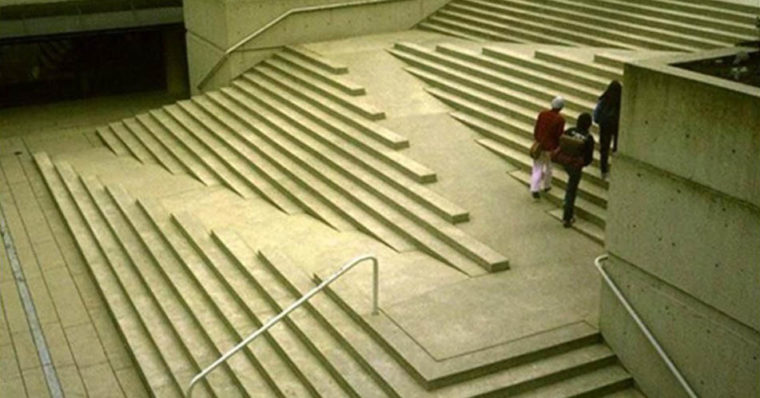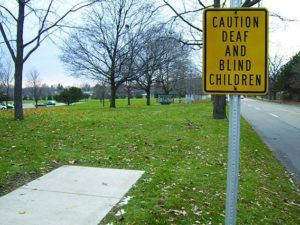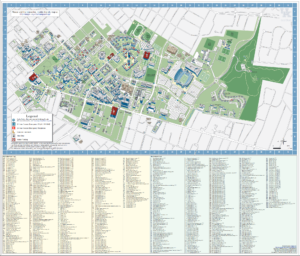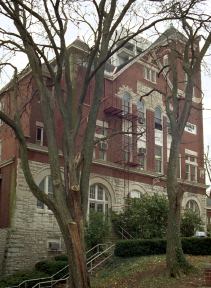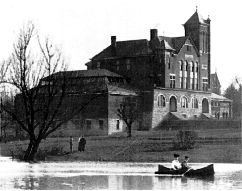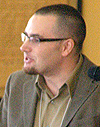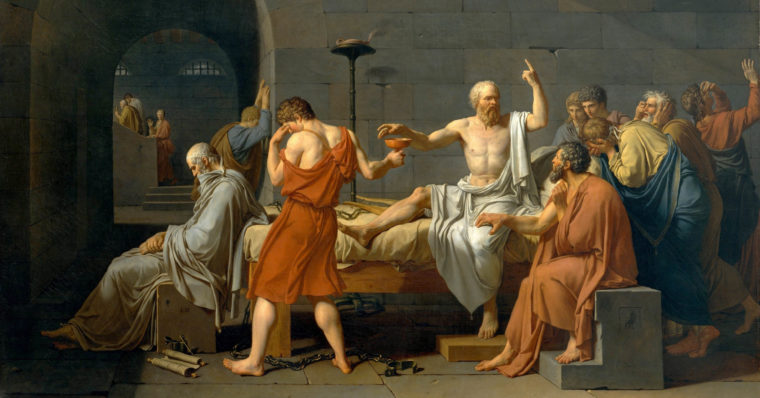Some of you may recall that I started a podcast in 2015 called Philosophy Bakes Bread. Now that it’s a production of the Society of Philosophers in America (SOPHIA), which airs on WRFL Lexington, and with my co-host from afar Dr. Anthony Cashio, the show is picking up steam.

As a stand alone podcast in 2015 and 2016, each episode was scripted and recorded by yours truly. It took a lot of time and it was hard back then to commit to putting out episodes as regularly as I had wanted to. Now that the show has a cohost and is primarily an interview-format and discussion-style show, and now that it’s on the radio each week, it’s been much easier to commit to regular work on it and to put out a steady stream of episodes. The latter is so crucial for developing and growing an audience.
One bit of good news is that we’ve just received our first iTunes reviews for the show, which are both 5 star reviews! We’re thrilled that people are enjoying the show.
 It helps for the show to be on the radio, which already has a listening audience base. Plus, the team at the station has been a big help. They’re looking into ways for us to transcribe the episodes, perhaps with grant support. Then, we’ve seen good early numbers for podcast episode downloads. We’ve only been putting them out since the last week of January, with minimal social media distribution efforts and so far we’ve had over 2,000 downloads. We’re looking to start sending out PSA’s and to get with TV news and newspapers about the program. Who knows. It would certainly be awesome eventually to syndicate the program, if interest grows.
It helps for the show to be on the radio, which already has a listening audience base. Plus, the team at the station has been a big help. They’re looking into ways for us to transcribe the episodes, perhaps with grant support. Then, we’ve seen good early numbers for podcast episode downloads. We’ve only been putting them out since the last week of January, with minimal social media distribution efforts and so far we’ve had over 2,000 downloads. We’re looking to start sending out PSA’s and to get with TV news and newspapers about the program. Who knows. It would certainly be awesome eventually to syndicate the program, if interest grows.
The cool thing about a program like Philosophy Bakes Bread is that we can cover so many topics that matter. We can at the same time simply present matters that scholars are researching, that audiences care about, and we can also be advocates about things that matter. We can have people on whom we think ought to be heard more. Soon, we’ll be airing an interview with conference panelists who wrote and spoke about disability and American philosophy. That’s just one of many exciting examples.
 I’ll keep you posted from time to time on what we’re up to with the show. For now, if you’ve not already subscribed, what are you waiting for? Go check us out at PhilosophyBakesBread.com. We’re on iTunes and have a regular RSS feed, which you can learn about on our site. We’ve just now submitted our feed to Google Play, which should likely be listing the show soon. And, of course, we’re on Facebook and Twitter. Check us out!
I’ll keep you posted from time to time on what we’re up to with the show. For now, if you’ve not already subscribed, what are you waiting for? Go check us out at PhilosophyBakesBread.com. We’re on iTunes and have a regular RSS feed, which you can learn about on our site. We’ve just now submitted our feed to Google Play, which should likely be listing the show soon. And, of course, we’re on Facebook and Twitter. Check us out!

